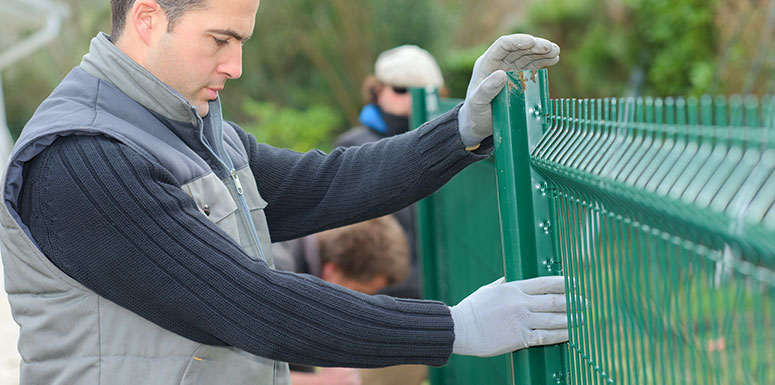Do I Need an Attorney For Boundary Line Disputes in Virginia
Posted by: Copenhaver, Ellet & Derrico

The right to own property is one of the oldest rights established in the United States. Disputes about boundary lines are equally historic. You want to protect and preserve your property, and ideally, your neighbor will be reasonable. If you can’t resolve the issue with your neighbor, you might benefit from legal help.
What is a Boundary Line Dispute?
A boundary line dispute is a disagreement about where your property ends and your neighbor’s property begins. These issues can arise for many reasons, but some of the more common problems are:
Shared Driveways/Parking
A shared parking area can quickly turn into a fight about who and what is allowed to go where. Your neighbor may consistently inch their car closer to your property. They may even use it for storage, leaving clutter in the space meant for your vehicle.
Disputes over common parking ground may be difficult to resolve without a detailed understanding of your deed, property lines, and property law.
Living Adjacent to Public/City-Owned Property
If your property is next to land that a city or a public agency owns, disputes over the border can lead to misunderstandings. When resolving any issues with municipal or public spaces, familiarity with real estate law and local statutes goes a long way.
Many counties and municipalities govern public and private property differently. City ordinances may prevent you from planting certain things, putting out lawn furniture, even caring for your lawn in specific ways. You should know how each municipality addresses these issues.
Virginia Boundary Fence Statute
Virginia, in particular, has many laws addressing the erection and upkeep of boundary or division fences. Virginia Code § 55.1-2821 states that adjoining landowners “shall build and maintain division fences between their lands, equally splitting the costs, unless one of them decided to let his land lie open or agree otherwise.”
So, if your neighbor wants to build a fence, and you do not, you may insist that your neighbor construct and care for the fence independently. If that’s the case, you risk changing the boundaries of your property over time. A fence erected by your neighbor may also create legal issues about the access and upkeep of your land.
Virginia Property Line Fence Laws
Virginia law has an entire chapter devoted to fences, plus countless legal decisions interpreting them. These statutes define what a lawful fence is, the use of cattle guards, how damage by animals is handled, and the relationship between Virginia and local regulations. Dealing with a significant fence issue can get complicated fast without legal help.
Do You Need a Lawyer for Your Boundary Dispute?
If you and a neighbor disagree over property lines to the point it’s hurting your business or property, contact Copenhaver, Ellett, and Derrico. Resolving issues without input from an attorney could negatively impact your rights and how the land is used in the future.
Whether your neighbor is reasonable or not, if you can’t agree, you’ll probably need legal action to protect your interests. That’s much easier when you retain a lawyer instead of trying to do it yourself.
Our Boundary Dispute Advice
Each case is unique; however, in general, we advise people to:
- Negotiate if possible. Going to court may inflame the situation and is undoubtedly more costly.
- Clear the air. Often boundary disputes are just part of the disagreements between neighbors.
- Keep calm and be civil. Boundary disputes can quickly turn into arguments. Your neighbor may try to intimidate or threaten you. If an attorney’s involved, you won’t need to speak to your neighbor directly and risk a confrontation
Get Help Settling Your Property Dispute
Let Copenhaver, Ellett, & Derrico advise you so you understand the dense, complex maze of real estate law in Virginia. Our attorney knows what it takes to resolve issues before they escalate, so your rights, interests, and property are respected.
Call 540-655-1854 or contact us online today.
